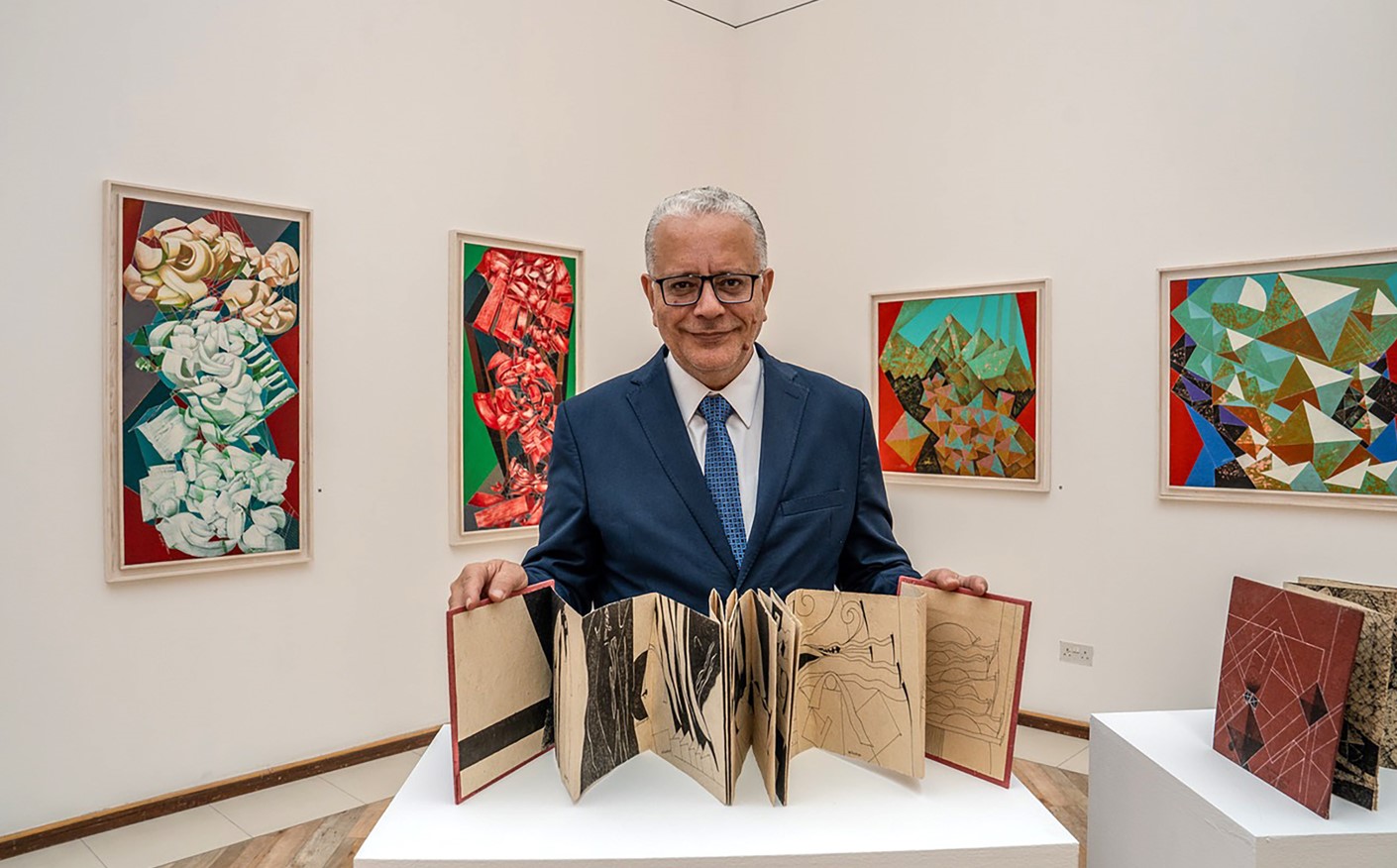NEWS & FEATURES
VIDEOS
DIGITAL EDITION
Click here to view flipbook edition
Click here to view PDF edition
ADVERTISE
CONTACT US
Digital Edition
Flip through the latest issue of Gulf Weekly.
Click here to view flipbook edition
Click here to view PDF edition

Contact Us
Al Hilal Publishing & Marketing Group
PO Box 1100,Manama,
Kingdom of Bahrain
Click here for Contact Details










